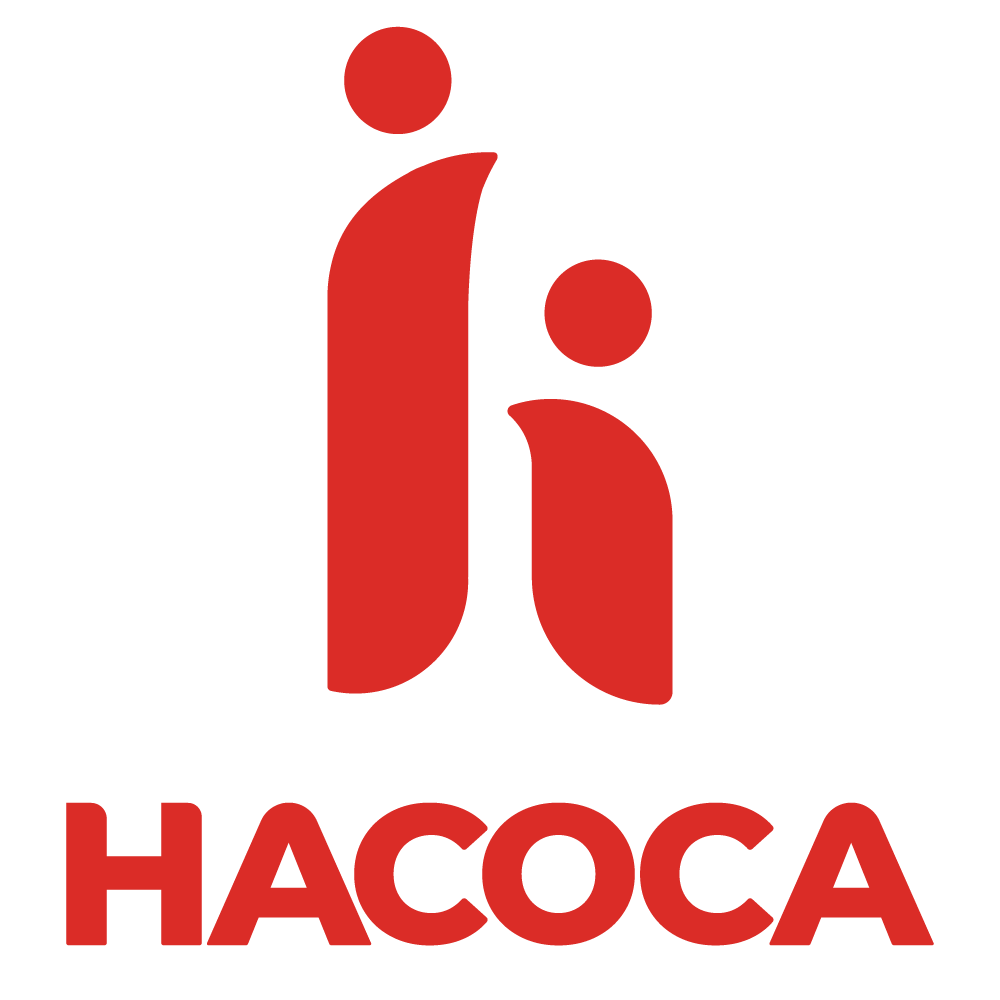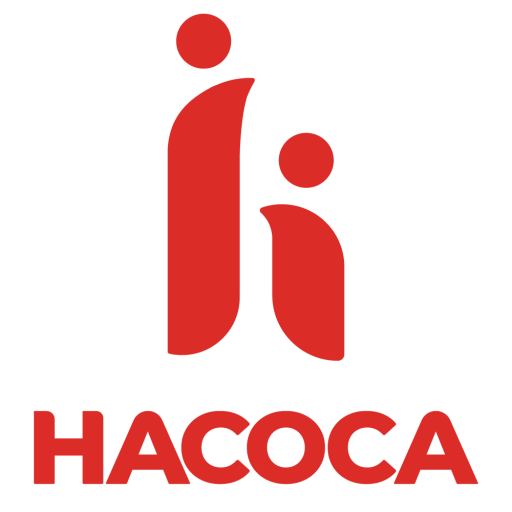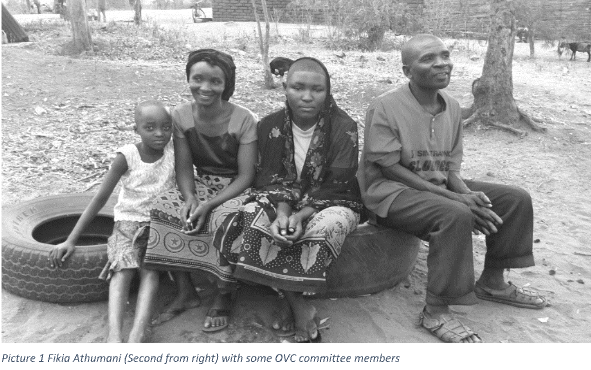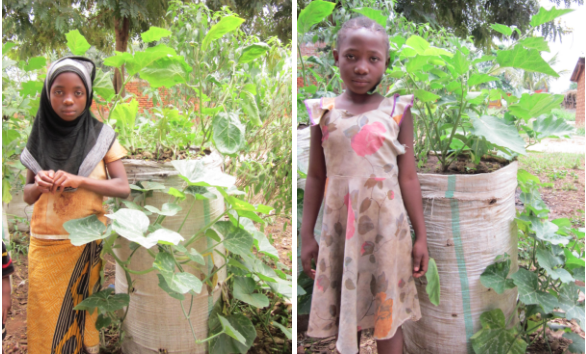Nine years ago, in Kipera Village, a young orphan named Fika Athumani faced an uncertain…

Zena Omary Abdalla, a 38-year-old mother from Kauzeni Ward in Morogoro Municipal Council, has faced immense hardship since the passing of her husband, Hashimu Omary, three years ago. Left to care for her two children, Ally Hashimu (9) and Zainabu Hashimu (3), both of whom, like their mother, suffer from hearing impairments, Zena’s life became a daily struggle. With no sustainable source of income, providing even one meal a day was often an insurmountable challenge. It became common for her family to go to bed hungry, and their situation worsened as Zena’s disability limited her ability to find work.
Her children, identified by local leaders as most vulnerable due to their family’s dire circumstances, brought Zena’s case to HACOCA’s attention. Recognizing the urgent need for intervention, HACOCA stepped in, offering the family the support and resources they so desperately needed. Regular visits from HACOCA’s field officer and Kauzeni ward volunteers provided Zena with moral support, helping her regain a sense of hope after years of hardship.
As part of HACOCA’s agricultural training program, which targeted caregivers and most vulnerable children (MVC), Zena learned valuable skills in sustainable farming practices. With guidance from HACOCA’s Project Agronomist, she was trained in how to establish raised bed and kitchen gardens within her home compound. This knowledge empowered her to grow a variety of vegetables that would not only feed her family but also provide a modest income through the sale of surplus produce.
Zena Omary Abdalla’s sack gardens, grown with techniques taught by HACOCA, provide her family with fresh, nutritious vegetables and help boost her household’s income.
With the tools and skills provided by HACOCA, Zena transformed her home into a productive garden. For the first time in years, her children were able to enjoy regular, nutritious meals. The vegetables she grew—using the best agronomic practices—became a vital source of food, improving the overall health and well-being of her family. Zena also began selling the extra vegetables, earning enough money to cover additional household expenses.
The story of Zena Omary Abdalla highlights the impact of HACOCA’s support on vulnerable families in Morogoro MC. What began as a story of despair has turned into one of hope and resilience. Thanks to HACOCA’s intervention, Zena has reclaimed her dignity and is now able to provide for her children in ways that once seemed impossible.
By focusing on sustainable agricultural practices, HACOCA is not only addressing immediate food insecurity but also creating long-term economic stability for families like Zena’s. Her journey from hardship to self-reliance stands as a testament to the power of targeted support and the life-changing difference that practical skills can make in the lives of the most vulnerable.
Zena Omary Abdalla tends to her vegetable garden, using skills learned from HACOCA to provide food and income for her family.




